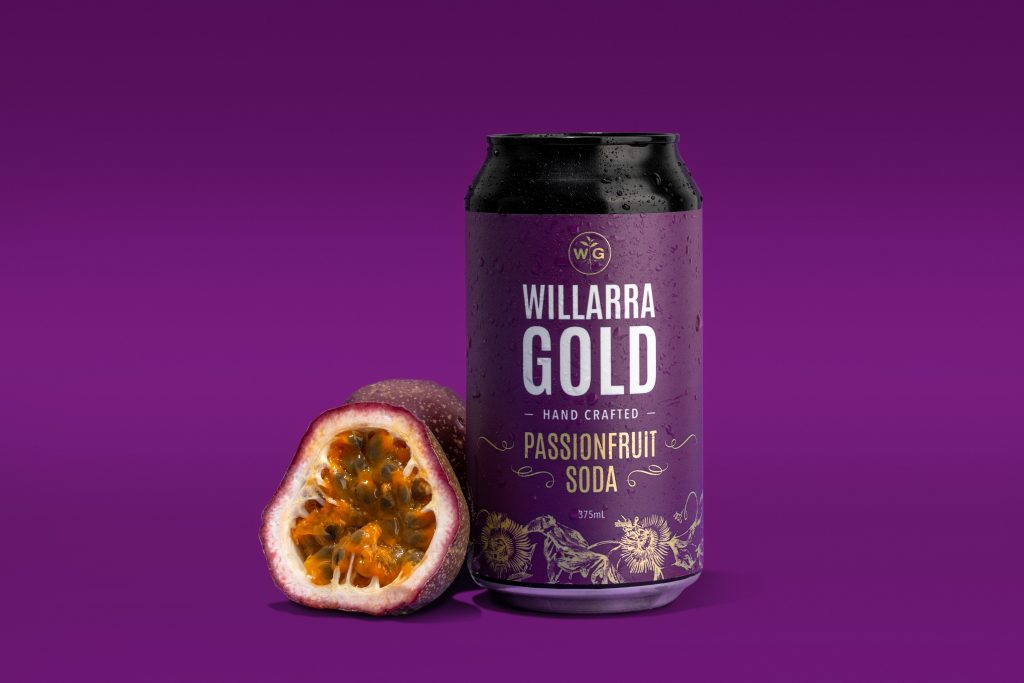In Australia, non-alcoholic fermented beverages such as kombucha, kefir, and brewed soft drinks have risen in popularity due to their potential health benefits and unique taste profiles. These drinks undergo fermentation, a process converting sugars into alcohol and other by-products, but are designed to retain minimal alcohol content. This surge in demand, while emphasising their health attributes, also brings into focus the importance of clear regulations, ensuring product safety and accurate labelling.
Regulatory Background
The main regulatory framework in Australia for food and beverages is the Food Standards Australia New Zealand Act 1991 (FSANZ Act). Established in 1991, this act aims to uphold public health standards in both Australia and New Zealand, ensuring consumers are informed, leading to better food choices. The detailed specifications, however, lie in the Australia New Zealand Food Standards Code, a derivative of the FSANZ Act. This code is the go-to reference for understanding the precise guidelines surrounding the composition, labelling, and ingredients of food and drink products. Non-alcoholic fermented beverages are governed by this code, ensuring that their alcohol content, labelling, and other criteria meet set standards.
Understanding Non-Alcoholic Fermented Beverages
Fermentation is a process where microorganisms convert sugars into alcohol and gases. For non-alcoholic beverages, the challenge is limiting this alcohol production. Popular non-alcoholic fermented beverages include:
Kombucha: A fermented tea from East Asia, packed with probiotics and often infused with various flavours.
Kefir: Comparable to drinkable yoghurt, kefir is produced by fermenting milk or water with kefir grains, offering a rich source of probiotics and vitamins.
Brewed Soft Drinks: These are like traditional sodas but undergo natural fermentation, resulting in natural ingredients and fewer artificial additives.
Given fermentation naturally produces alcohol, ensuring the final beverage remains low in alcohol is crucial. This is vital for those abstaining from alcohol due to personal, medical, or religious reasons.
National Standards on Alcohol Content
The Australia New Zealand Food Standards Code clearly lays out the parameters for these beverages:
Preparation: Brewed soft drinks result from fermentation. While they share similarities with alcoholic drinks in the process, the outcome should be a beverage with limited alcohol but retaining fermented characteristics.
Alcohol Content: The Code specifies that brewed soft drinks can have a maximum of 1.15% alcohol by volume, distinguishing them from beverages with higher alcohol content.
Labelling and Presentation: Non-alcoholic beverages must be presented in a way that distinguishes them from alcoholic counterparts, ensuring clear choices for consumers.
Labelling Requirements for Packaged Beverages
Beyond fermented beverages, Australia also has strict labelling standards for other drinks, like packaged water:
Carbon Dioxide Content: If the drink contains carbon dioxide, its amount and source (natural or added) should be clear on the label.
Chemical Content: Any change to the water’s natural chemical composition, be it through additives or treatments, needs clear labelling.
Fluoride Additives: If fluoride is added, its presence and concentration must be mentioned, distinguishing between natural and added amounts.
These meticulous labelling standards highlight Australia’s commitment to ensuring consumers are informed, allowing them to make choices aligned with their health and preferences.
Monitoring and Compliance
The growth of the non-alcoholic beverage market emphasises the need for stringent monitoring and compliance. Regular checks ensure consistency, uphold consumer trust, and meet legal and health obligations. Officers authorised under the Food Act 2008 play a significant role in this by conducting inspections, ensuring compliance, and educating businesses about the importance of adhering to regulations.
Conclusion
The world of beverages, especially in Australia, operates at the intersection of production, regulation, and consumption. Accurate labelling isn’t just a bureaucratic step, but an essential aspect of public health and consumer trust. As the non-alcoholic fermented beverage market continues to grow, the collaboration between manufacturers and regulatory bodies is vital to uphold these standards and ensure every beverage sold aligns with the country’s dedication to consumer safety and transparency.
Discovering Excellence in Labeling: Myerton Packaging’s High-Quality Solutions

Soda Labels
Source: Myerton Packaging
For years, Myerton Packaging has proudly upheld its reputation for delivering top-tier custom labels across diverse industries. Our expertise spans from crafting impeccable biodegradable labels and recyclable labels including wine labels, retail labels, gourmet food labels, beverage labels, and bakery labels to the intricate realm of skincare labels. With a wealth of experience under our belt, we excel at tailoring custom labels that precisely match your specifications and convey your brand’s unique message. Get in touch with us today and partner with our seasoned team to ensure your products gleam brightly on store shelves.
Feel free to get in touch with our dedicated team today. We’re excited to learn more about your upcoming projects and offer customized solutions that precisely match your requirements.
